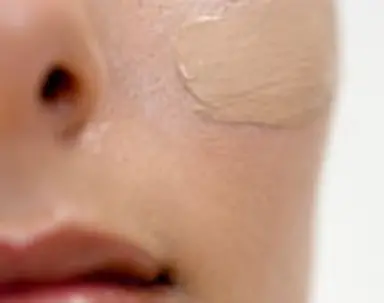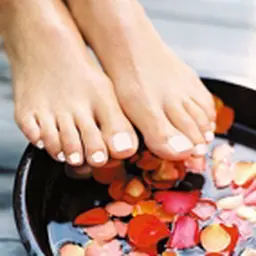
A UV filter in any daily care product seems to be a good idea. Indeed, nowadays, the Sun Protection Factor (SPF) is mentioned more and more often on the labels of day care, make-up, of the so trendy BB-creams or hair products, by the name of the anti-free radicals and anti-ageing protection. Nonetheless, this trend worries experts. Some clues.
They are widely used in sunscreen lotions and creams, where they are necessary and useful. Nevertheless, sometimes, they are more discreetly added in a series of products such as shower-gels or body care products where they act to stabilize the colour.
Anti-UV filters
are now more and more used in face care creams, make-up (foundations, lipsticks …) or hair-care products. They are one of the selling-points of the BB-creams, which are flooding the market. They are supposed to protect us against the effects (true, indeed) of the sun UV radiation, anywhere, anytime.
The fashion comes from the USA where, to guard against the dramatic effects of sunrays on
skin ageing
, the rallying cry is: "Never outside without my filter." This has become a kind of motto: “Cosmetic, bring us our daily SPF…”
By the way … is it a good idea?
A high-risk trend
In fact, many of these substances are not harmless.
Some synthetic filters are very
sensitizing
, easing the onset of allergy-like effects. Others are suspected, due to their estrogenic-like or anti-androgenic-like effect, to disrupt the endocrine balance (and act as
endocrine disruptors
), even to be a trouble for the environment.
As for the natural …













